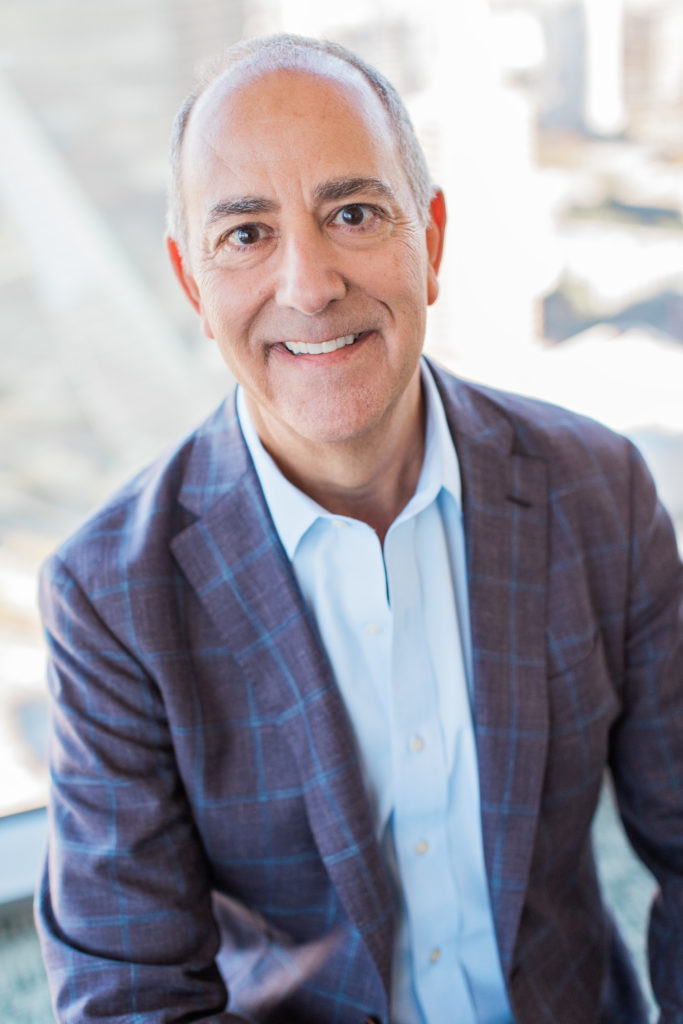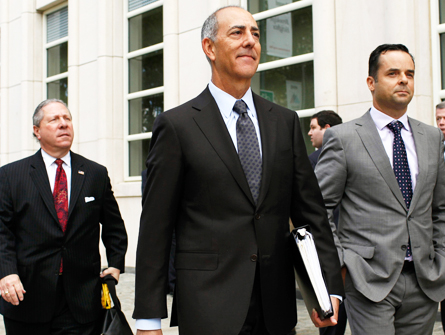Mark Werbner, the trial lawyer who engineered a historic billion-dollar jury victory against a Middle Eastern bank accused of aiding terrorists, has joined the Dallas office of Winston & Strawn.
Werbner, 64, has been planning to join Winston since he and his long-time law partner, Dick Sayles, closed down their litigation boutique in early January. Sayles joined the Dallas office of Bradley Arant, a Birmingham-based law firm.

“I’m very excited and I see Winston & Strawn as being a great fit for me – a much larger platform,” Werbner said in an exclusive interview with The Texas Lawbook. “I’ve never had an opportunity to refer or transfer my clients to fellow law partners on non-litigation matters.”
Werbner, who has handled more than 150 jury trials and scored more than a dozen jury verdicts of a million dollars or more during his career, said he planned to join Winston in January, but that he and the Chicago-based firm had “a little conflict issue and that’s now behind us.”
Tom Melsheimer, managing partner of Winston’s Dallas operation, said landing Werbner as a partner is a coup for the firm.
“Winston is a firm that reveres trials,” Melsheimer said. “This is like a Rembrandt going on the market in a surprise auction. It doesn’t happen often and you have to move quickly when it does.
“Mark deservedly has the reputation of a great trial lawyer and I’ve been a tremendous admirer of his for many years,” he said.
Winston opened its first Texas office in 2011 in Houston and staffed the outpost with prominent partners, including John Keville, Paula Hinton, Melanie Gray and John Strasburger. In 2017, Winston opened its Dallas operation with the hiring of Melsheimer, white collar criminal law partner Matt Orwig and private equity M&A partner Billie Ellis.
The firm has grown from 42 lawyers in 2017 to more than 120 attorneys in Texas today. Last week, Winston announced it hired Paul Hastings partner Jimmy Vallee, an energy M&A expert, as a partner in its Houston office.
Werbner and Melsheimer have known each other since the late 1980s, when Melsheimer was a federal prosecutor working with the bank fraud task force and Werbner represented clients in the savings and loan financial debacle.
Werbner said he called Melsheimer for advice in December when he and Sayles decided to end their law firm after 25 years.
“Before you do anything, I want you to talk to the leadership here at Winston,” Melsheimer told Werbner.
“I have essentially become Mark’s exclusive head hunter trying to get him on board at Winston,” Melsheimer said. “I knew he was a perfect fit.”
Born in San Antonio, Werbner went to college at the University of Texas and law school at Southern Methodist University.
The Dallas law firm Carrington Coleman hired Werbner upon graduation. He worked with some of the best trial lawyers in Dallas, including Jim Coleman, John Martin, Bill Dawson and Dick Sayles.
Werbner’s first jury trial was just days after he got his law license in November 1978. He worked with then-Carrington lawyer Barbara Lynn, who is now the chief U.S. District Court judge in Dallas.
“The day of the trial, Judge Lynn developed laryngitis and she told me that I was going to lead the defense with her at my side,” Werbner said. “We represented General Motors in a dispute over a spare tire. We fought mightily over $250.
“My memory is fuzzy but I hope that means we won the case because I tend to remember my losses much more,” he said.

Mark Werbner (Center) heads to court in Brooklyn, N.Y., to hear verdict in historic lawsuit against Arab bank (Courtesy of Reuters)
Werbner has handled several high-profile cases during his four-decades long career, but his biggest victory came in a New York federal courtroom in September 2014.
The son of Jewish parents who escaped Russia in the early 20th Century to settle in the U.S., Werbner represented the families of 100 U.S. residents who were murdered or seriously injured by suicide bombers as part of the Second Intifada, a Palestinian uprising between 2000 and 2004.
The case took a decade to get to trial. Werbner and the firm invested more than $8 million in billable hours and $5 million in out of pocket expenses. The case completely consumed his life for several years.
But the dedication paid off when the Brooklyn jury ruled for the first time in history that a bank was legally accountable for the acts of deadly terror committed by its customers. In 2015, Werbner and the plaintiffs reached a confidential settlement agreement that reportedly “compensated the victims handsomely.”
“I knew right away that this would be the biggest case of my life,” Werbner said in an interview with The Texas Lawbook just hours after the jury returned with its verdict. “Every case is important, but this case has global consequences.”
